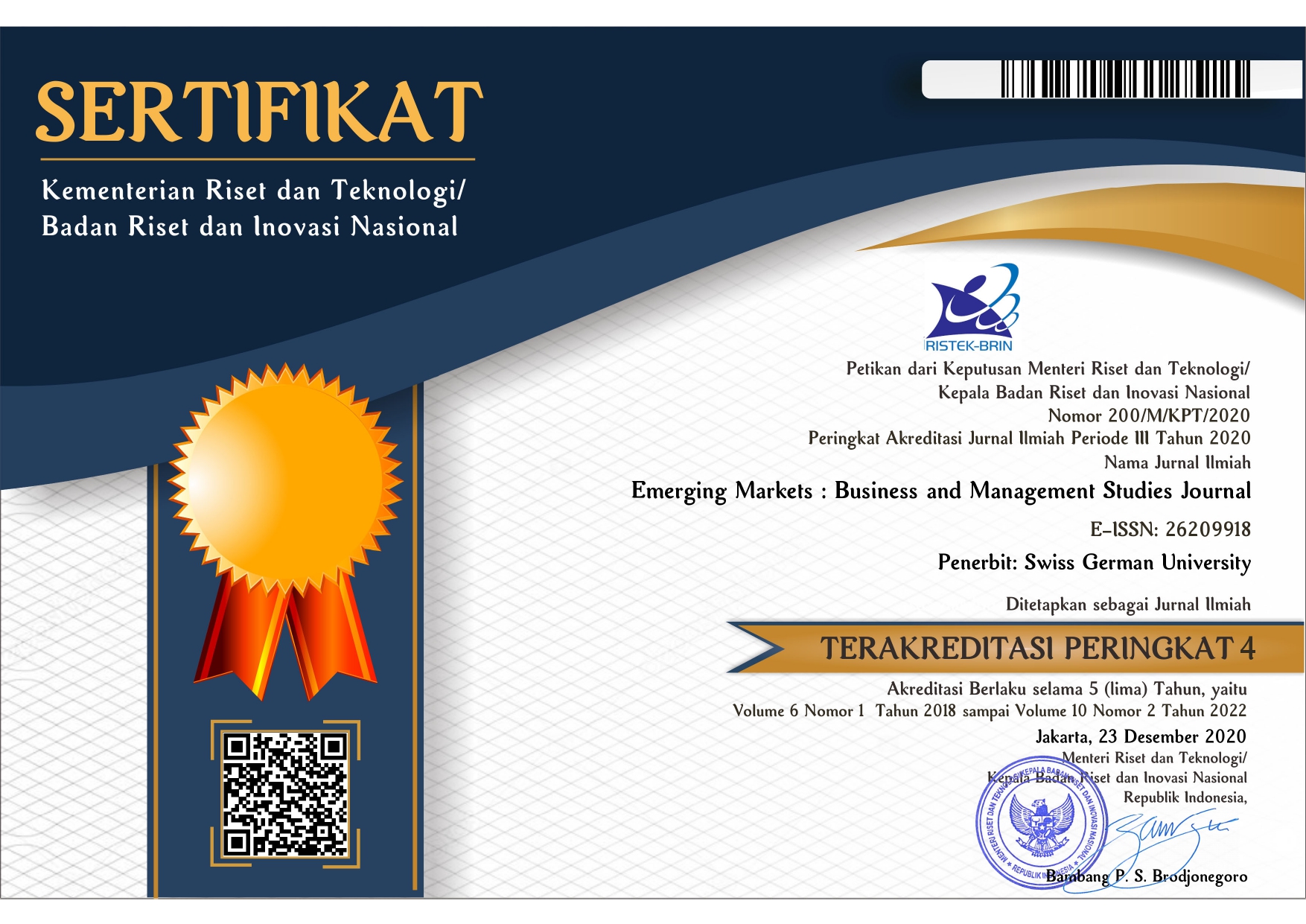THE INDONESIAN IBUISM IDEOLOGY AND GENDER PORTRAYAL: THE CASE OF THE 2015 RINSO ANTI-NODA TV COMMERCIAL
Abstract
In order to efficiently reach its targeted market, advertisers often package their messages in a manner so as to be easily understood. These massages often contain subliminal meanings using stereotypes. Based on Erving Goffman’s work on gendered advertisement, this research analyzes the Rinso Anti Noda television commercial. Therefore, this research seeks to answer the following question: How is gender represented in the 2015 Rinso Anti Noda television commercial titled “Belajar Untuk Makan Sendiri” (Learning to eat by oneself)?. Based on the first author’s research thesis under the supervision of the second author, involving a semiotic analysis on the Rinso Anti Noda TV commercial, complemented by In-depth interviews with a number of Indonesian mothers, data were then analyzed using the Goffman’s gendered advertisement and Indonesia’s Ibuism ideology perspectives. Results show that the role of a women in the advertising is as a mother and her place is in the domestic realm.













